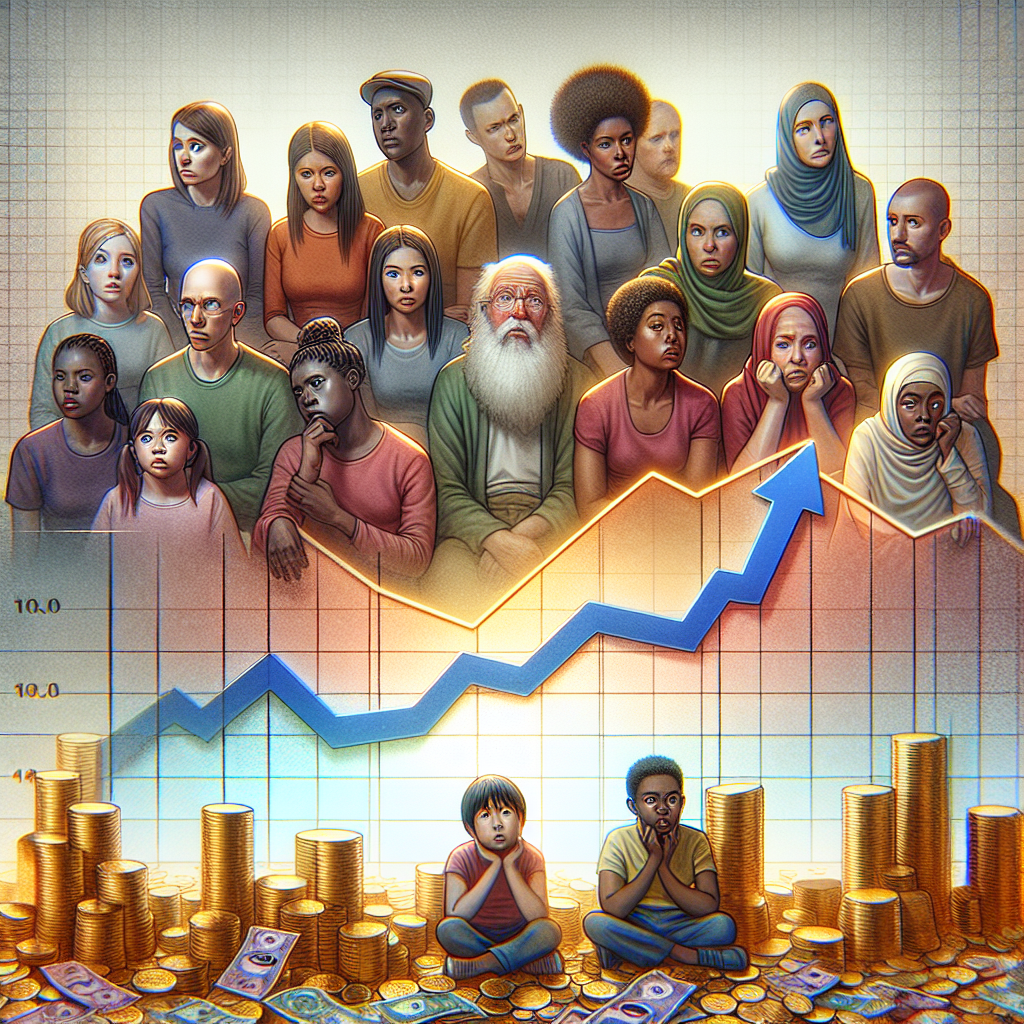This article is an on-site version of our FirstFT newsletter. Subscribers can sign up to our Asia, Europe/Africa or Americas edition to receive the newsletter every weekday. Explore all of our newsletters here
Good morning. We begin with a story on the affordability crisis in housing. Dissatisfaction with housing costs has hit a record high across rich countries, soaring above other worries such as healthcare and education.
Half of respondents in OECD nations are dissatisfied with the availability of affordable housing, according to Gallup Analytics figures, a sharp rise since central banks raised interest rates to deal with the worst bout of inflation in a generation.
While higher rates have helped bring down property prices in several European countries, housing remains more expensive than before the pandemic — even before factoring in higher borrowing costs.
In the US, house prices have soared despite rises in interest rates. Almost 60 per cent of those polled in the world’s largest economy said they were dissatisfied with the stock of affordable housing.
Rents, meanwhile, have surged at a time when higher prices for other essentials, such as food and fuel, have been cutting into disposable incomes. Read the data-rich report.
And here’s what I’m keeping tabs on today:
-
Putin in Mongolia: The Russian president is scheduled to meet his Mongolian counterpart in his first visit to a member state of the International Criminal Court since it issued a warrant for his arrest.
-
Central banks: A joint European Banking Authority and European Central Bank conference on supervisory challenges starts in Frankfurt.
-
Economic data: South Africa and Switzerland have second-quarter GDP figures. Turkey publishes inflation data for August, one day after figures showed economic growth slowed to its weakest pace since the coronavirus crisis.
Five more top stories
1. Prime Minister Benjamin Netanyahu has refused to “surrender” to pressure to agree a hostage deal or end the Gaza war, dismissing widespread protests in Israel as he doubled down on his main demands for a ceasefire. The rebuttal came after a general strike called to express public anger at his failure to secure a hostage deal disrupted much of Israel. Neri Zilber has more from Tel Aviv.
2. Exclusive: China’s efforts to match US computing power in artificial intelligence are being hampered by bug-ridden software, with customers of leading AI chipmaker Huawei complaining about performance issues and the difficulty of switching from Nvidia products.
3. Morgan Stanley has stepped up efforts to regain its traditional dominance in stock trading, a position it ceded to longtime rival Goldman Sachs in the wake of the 2021 implosion of Archegos Capital Management. In the latest quarter, equities trading revenue increased by almost 20 per cent from a year ago to $3bn, far in excess of analysts’ expectations. Here’s how the bank is trying to capture back market share.
-
Markets regulation: Citadel Securities is leading industry pushback against an effort by exchanges to ask traders to help foot the bill for a new market surveillance system that has already racked up almost $1bn in costs.
4. Britain and the US plan to extend indefinitely the treaty governing technology sharing between their nuclear weapons programmes, as both nations embark on costly modernisations of their deterrent to counter arms proliferation by adversaries. The change follows warnings by the UN that Russia’s war in Ukraine has sparked a global race for nuclear weapons.
5. South Africa has signalled it could boost support for foreign energy groups after TotalEnergies abandoned plans to develop the country’s largest gas discovery. The prospects, located 175km off the country’s south coast, have the potential to provide a total 1bn barrels of oil equivalent. Read the full interview with energy minister Kgosientsho Ramokgopa.
Feel better informed on the events shaping your world with our relaunched newsletter Newswrap. Darren Dodd, a former FT news editor, explains how the biggest stories relate to global economic and business trends. Sign up here to get it delivered three times a week.
The Big Read

“Task-shifting” — assigning some work to lower qualified people in order to preserve higher-skilled staff for jobs only they can do — has become an increasingly prominent feature of health systems in many parts of the world. But the surge in using “physician associates” is raising serious questions about the long-term impacts on care.
We’re also reading and listening to . . .
-
German politics: Alternative for Germany won a regional election but still has no viable path to govern. The far-right party now faces the choice between radicalism or power.
-
South China Sea: China’s coastguard is increasingly projecting police powers at sea, extending Beijing’s grip over disputed areas.
-
Film and profits: The new Alien movie shows the mess that can occur when studios stop thinking about the bottom line, writes Stephen Bush.
-
Money Clinic 🎧: In this episode, tax expert Dan Neidle discusses what to expect from Labour’s autumn Budget.
Chart of the day
Soaring demand for liquefied natural gas has forced shipowners to turn to inexperienced manufacturers in China. The global LNG carrier fleet is expected to rise from 660 to 1,040 vessels by 2029, according to analysis group Drewry. Demand for the super-chilled fuel has left more established shipyards in South Korea unable to meet the need for new vessels, forcing the industry to seek alternatives.
Take a break from the news
Seventy-five years on, Graham Greene and Carol Reed’s The Third Man — shot in postwar Vienna and featuring a grumpy Joseph Cotten, a boozy cast and the finest performance of Orson Welles’ career — remains an enigmatic masterpiece of British cinema.


